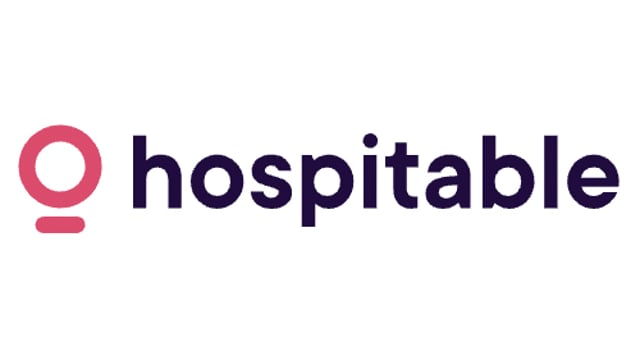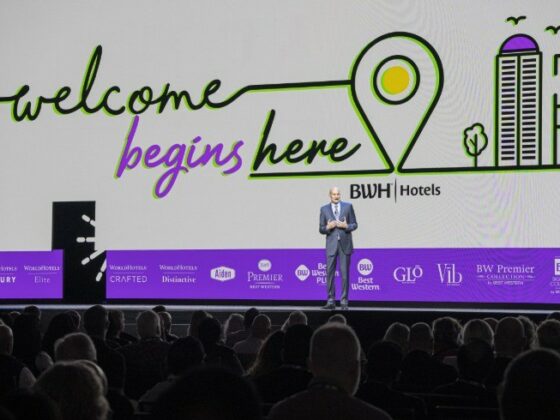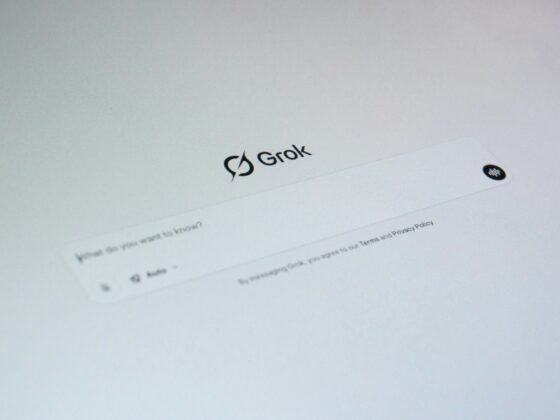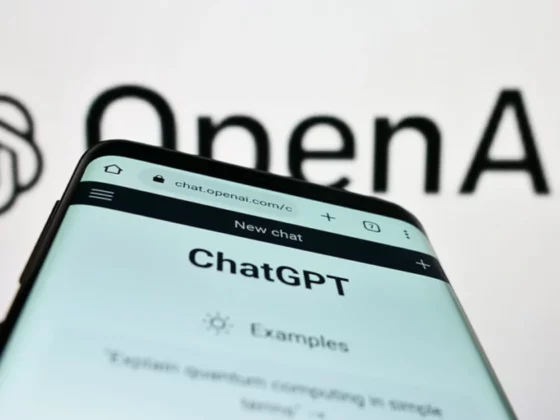
For years, tracking and returning lost items has been a manual, time-consuming process, creating operational bottlenecks and frustrating guests. But what if AI could turn this challenge into a frictionless, automated solution?
Boomerang is redefining lost & found for hotels, using AI and machine learning to automate item recovery, eliminate inefficiencies, and enhance the guest experience. By integrating seamlessly with existing hospitality tech stacks, Boomerang boosts recovery rates by more than 300%, reduces operational costs, and strengthens brand loyalty.
In this Q&A, we speak with Boomerang’s Co-founder & CEO Skyler Logsdon about how the platform is transforming lost & found, its impact on hotel IT and operations teams, and what’s next for AI-driven item recovery in hospitality.
What is Boomerang? What inspired you to start the company, and how has it evolved since its inception?
Boomerang is an AI-powered lost & found platform designed to revolutionize the way businesses recover and return lost items to customers. Our platform leverages machine learning to automate item identification, enhance recovery processes, and reduce inefficiencies traditionally associated with lost & found operations. I was inspired to start Boomerang after recognizing how frustrating the lost item recovery process was for both businesses and guests. Since our launch in 2022, we’ve evolved into a platform that helps companies in industries like hospitality, travel, sports, and entertainment to streamline their operations, boost customer satisfaction, and improve brand loyalty.
Seamless integration is a top priority for hospitality IT leaders when adopting new technology. How does Boomerang’s AI-powered lost & found platform integrate with existing hotel systems like PMS, CRM, and guest communication tools, and how does it help hotels streamline operations, reduce costs, and improve efficiency for IT and operations teams?
Boomerang was designed with integration in mind, so it works seamlessly with existing systems like Property Management Systems (PMS), Customer Relationship Management (CRM), and guest communication tools. By automating the identification and recovery of lost items, our platform reduces the time and effort spent on manual tracking. This means hotel staff can focus more on delivering exceptional service rather than dealing with cumbersome lost & found processes. As a result, hotels can lower operational costs, boost recovery rates by over 300%, and enhance efficiency, all while maintaining the high level of service that guests expect.
Guest expectations for service and convenience continue to rise. How does Boomerang’s technology contribute to a hotel’s overall guest experience strategy, and what impact have you seen on brand loyalty and customer retention?
Boomerang directly contributes to a hotel’s guest experience strategy by turning a frustrating situation—losing a personal item—into an opportunity to enhance customer loyalty. Our platform makes the recovery process seamless, faster, and more effective, ensuring that guests feel valued when their belongings are returned.
We’ve seen tremendous results across our partners, with hotels reporting higher guest satisfaction, increased loyalty, and improved retention rates. When a guest experiences a swift, efficient lost item recovery, it builds trust and fosters long-term relationships, contributing to overall brand loyalty.
Many hospitality IT leaders face resistance when implementing AI-driven solutions. What challenges have you encountered when introducing Boomerang to hotel partners, and how do you help IT teams and staff embrace this technology?
We’ve faced typical challenges in introducing AI-driven technology, such as concerns about integration and staff adaptation.
However, we work closely with our partners to ensure a smooth onboarding process by providing detailed training and support. We also make sure our technology is easy to use and requires minimal disruption to existing workflows. Boomerang’s ability to integrate with existing systems, such as PMS and CRM tools, is key to overcoming resistance. We also emphasize the efficiency and cost-saving benefits that our platform offers, helping IT teams see how it can ease their workload and provide a significant ROI.
While automation improves efficiency, hospitality remains a highly personalized industry. How does Boomerang balance AI-driven automation with maintaining a high-touch guest experience?
Boomerang’s AI-driven automation enhances the guest experience without taking away from the personal touch that defines hospitality. By automating the time-consuming task of identifying and recovering lost items, hotel staff can focus on other personalized services, ensuring the guest experience remains warm and human-centered. Our platform doesn’t replace the role of staff but instead empowers them by streamlining operational tasks. Guests still receive the care and attention they expect, while technology ensures that lost items are quickly and accurately returned to their rightful owners.
Beyond lost & found, where do you see AI-driven automation making the biggest impact in hotel operations over the next five years? What lessons from Boomerang’s success can be applied to other areas of hotel technology?
While lost & found has been the primary focus for Boomerang, I believe AI-driven automation will continue to make a significant impact across multiple aspects of hotel operations. From guest check-in and checkout to room service and concierge services, AI can streamline operations, improve personalization, and increase efficiency. The lessons learned from Boomerang’s success—such as the importance of seamless integration, a user-friendly experience, and driving customer loyalty—can be applied to these other areas. I foresee AI being used to predict guest preferences, manage hotel inventory, and even automate room assignments, helping hotels better serve their guests while reducing costs.
ABOUT THE AUTHOR
Skyler Logsdon is the Co-founder & CEO of Boomerang, an AI enabled company, revolutionizing lost & found across the travel, sports, entertainment, and hospitality industries.








